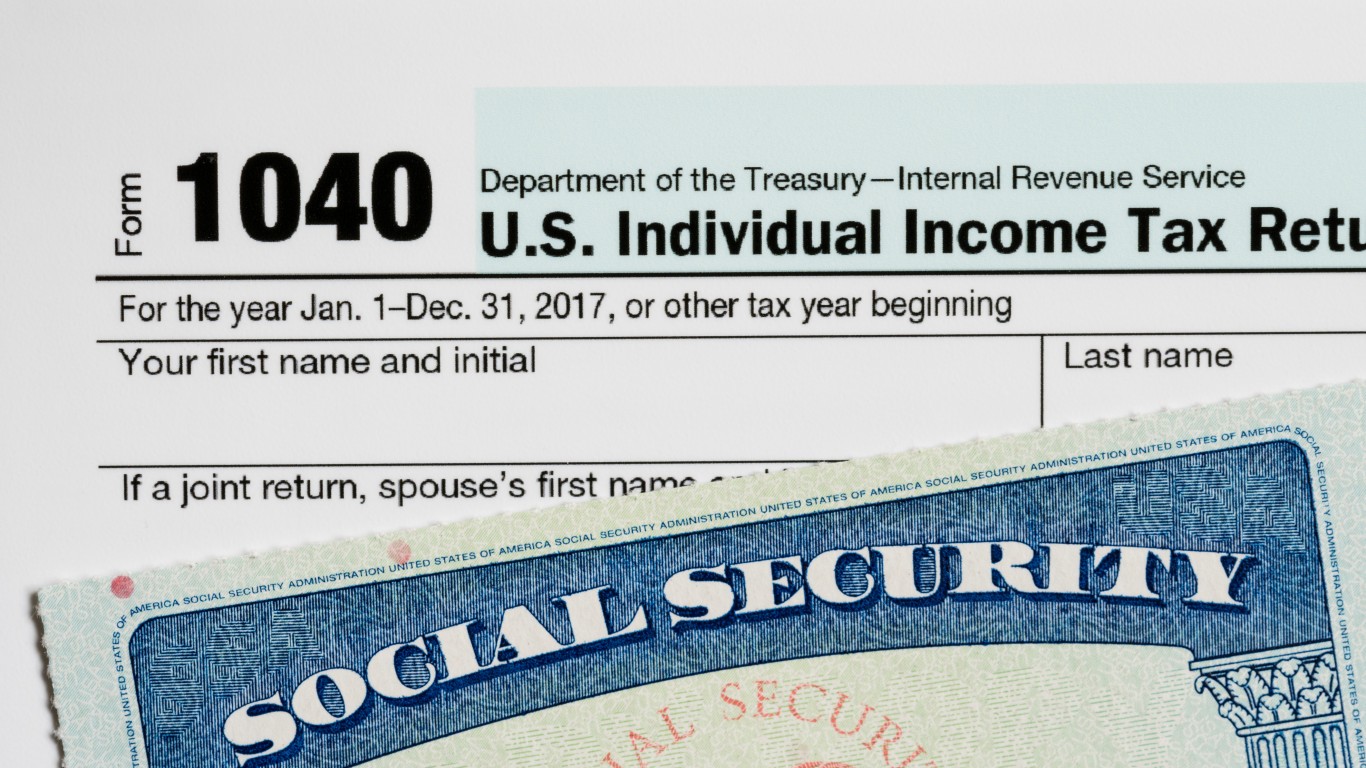
Social Security is supposed to run out of money in 2033 or thereabouts. Running out of money is a bit of an exaggeration. People will start to get smaller benefits, and they could get smaller and smaller by the year. Congress has the sole capacity to change this. Today, that change does not have enough to alter payment erosion.
The CBO says the Social Security crisis could happen sooner. This insolvency would hit earlier if COLA stays high because of inflation. This year, the increase was 9%. Further inflation at over 5% would eat away at the fund rapidly. CBO Director Philip Swagel said, “I think we’ve learned as a nation that high inflation is very damaging. In a sense, like a tsunami that affects the entire nation, and in a way that other negative economic effects don’t.”
Imagine that in 2032 the 60 million people who get Social Security benefits begin to become poor. Based on the national poverty level, that is not out of the question. The ripple effects on the economy would be massive. An entire group of consumers would have far less money. Consumer spending still accounts for two-thirds of GDP.
Lower Social Security benefits will also increase the demand for low-end housing. It is impossible to build millions of units even over the course of years. If Congress doesn’t support Social Security, it will certainly not support a massive home bullying initiative. (These are America’s most at-risk housing markets.)
Lower Social Security payment will also increase the need for food stamps and other programs to financially help people who live on the fringe. This will add untold billions of dollars to the need for federal government support.
Social Security payments are not limited to the money that goes to individual beneficiaries. It ripples through America’s financial fabric.
If Social Security funding does not happen soon, the fund has already started to go away, even if it is just at the beginning of the process. Here’s what it costs to retire comfortably in every state.
It’s Your Money, Your Future—Own It (sponsor)
Are you ahead, or behind on retirement? For families with more than $500,000 saved for retirement, finding a financial advisor who puts your interest first can be the difference, and today it’s easier than ever. SmartAsset’s free tool matches you with up to three fiduciary financial advisors who serve your area in minutes. Each advisor has been carefully vetted and must act in your best interests. Start your search now.
If you’ve saved and built a substantial nest egg for you and your family, don’t delay; get started right here and help your retirement dreams become a retirement reality.
Thank you for reading! Have some feedback for us?
Contact the 24/7 Wall St. editorial team.


